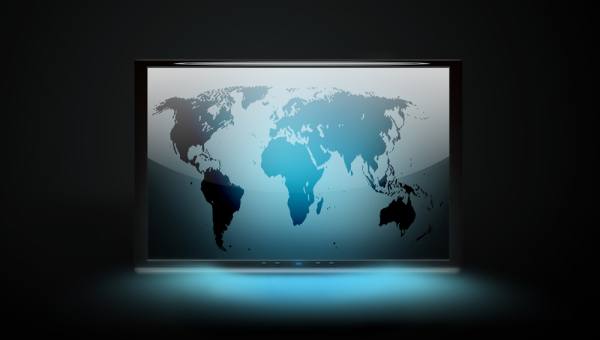Africa behind on ICT says UN report
Africa behind on ICT says UN report

The United Nations (UN) International Telecommunications Union (ITU) flagship annual Measuring the Information Society Report has ranked Africa in last place on the Information and Communications Technology 2015 Development Index (IDI).
The report says 3.2 billion people are now online, representing a 43.4% of the global population, although the number still falls significantly short of reaching the anticipated goal of 60% by 2020.
However, Africa trails its international counterparts with 29 countries from the continent making up the 37 regions featuring in the bottom quarter of the Index, and 11 figuring last out of 167.
This illustrates the need to address the digital divide between the continent and other regions, according to the ITU.
The report ranks the Republic of Korea in first place and also notes that all 167 countries listed improved their IDI values between 2010 and 2015 - meaning that levels of access, use and skills continue to improve worldwide.
In a statement yesterday, the UN said the report also showed that 7.1 billion people, over 95% of the global population, are now covered by a mobile cellular signal.
ITU Secretary General Houlin Zhao is quoted as saying, "ICTs will be essential in meeting each and every one of the 17 newly agreed Sustainable Development Goals (SDGs), and this report plays an important role in the SDG process."
He added, "Without measuring and reporting, we cannot track the progress being made, and this is why ITU gathers data and publishes this important report each year."
The latest data shows that growth in the internet use has slowed down, however, posting 6.9% growth in 2015 after 7.4% in 2014.
However, the report added that the number of internet users in developing countries has almost doubled in the past five years, with two thirds of all people online now living in the developing world.
The fastest growth continues to be seen in the mobile broadband, with the number of mobile broadband subscriptions worldwide having grown more than four-fold in five years, from 800 million in 2010 to an estimated 3.5 billion now, according to the report.
The number of fixed-broadband subscription has risen much more slowly, to an estimated 800 million today.
Edith Mwale, ICT analyst at Computer Society of Zambia, said Africa should not lose hope as a result of being ranked worst by the report.
Mwale said there is a lot of investment currently going on in the continent's ICT sector that will change the outlook in the next few years. "First and foremost, the report itself has acknowledged that all the 167 countries including Africa have improved their IDI values in terms of access, use and skills. This means that Africa is on the move together with the rest of the world. Therefore, Africa should not despair because something is being done - although more effort is needed."